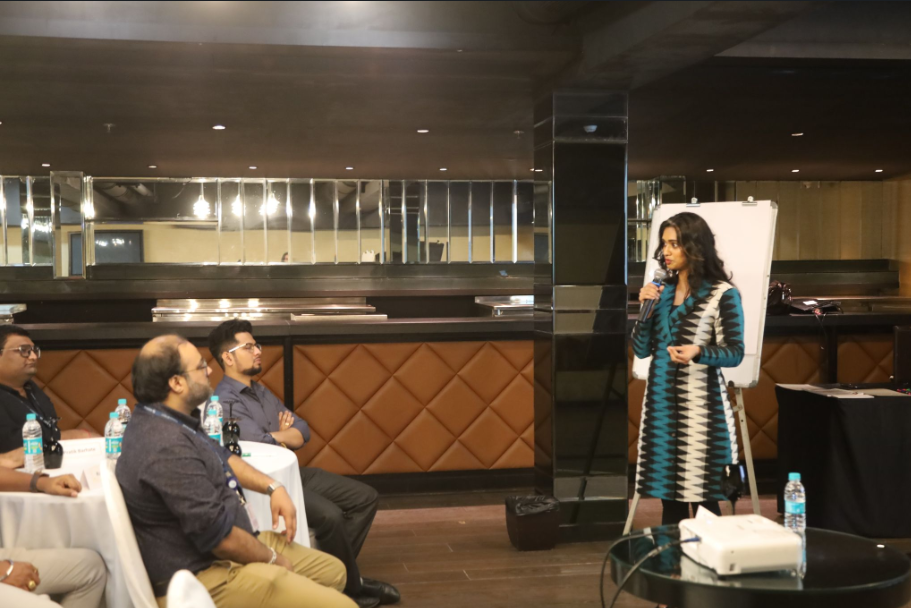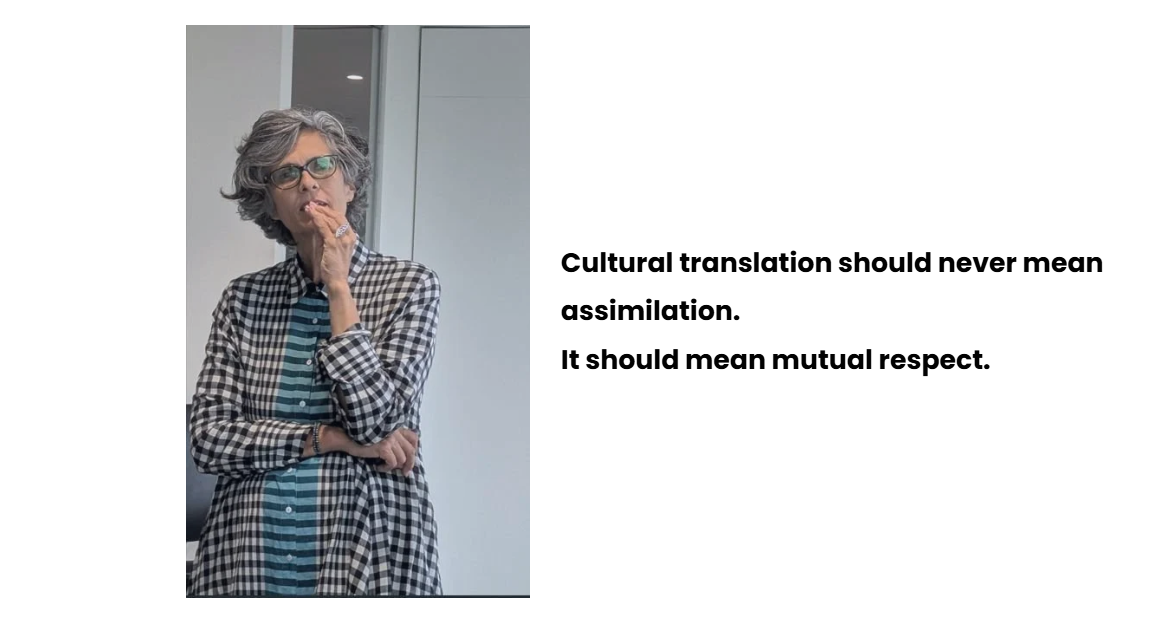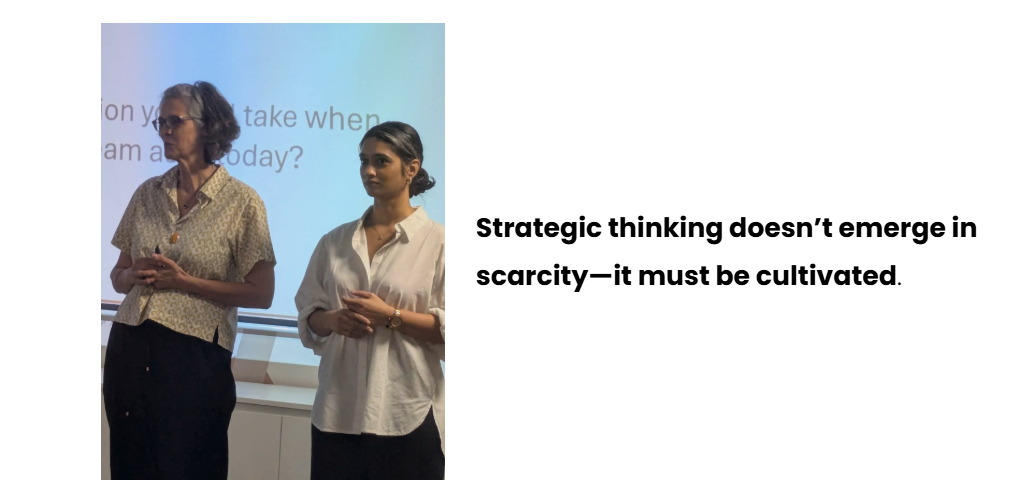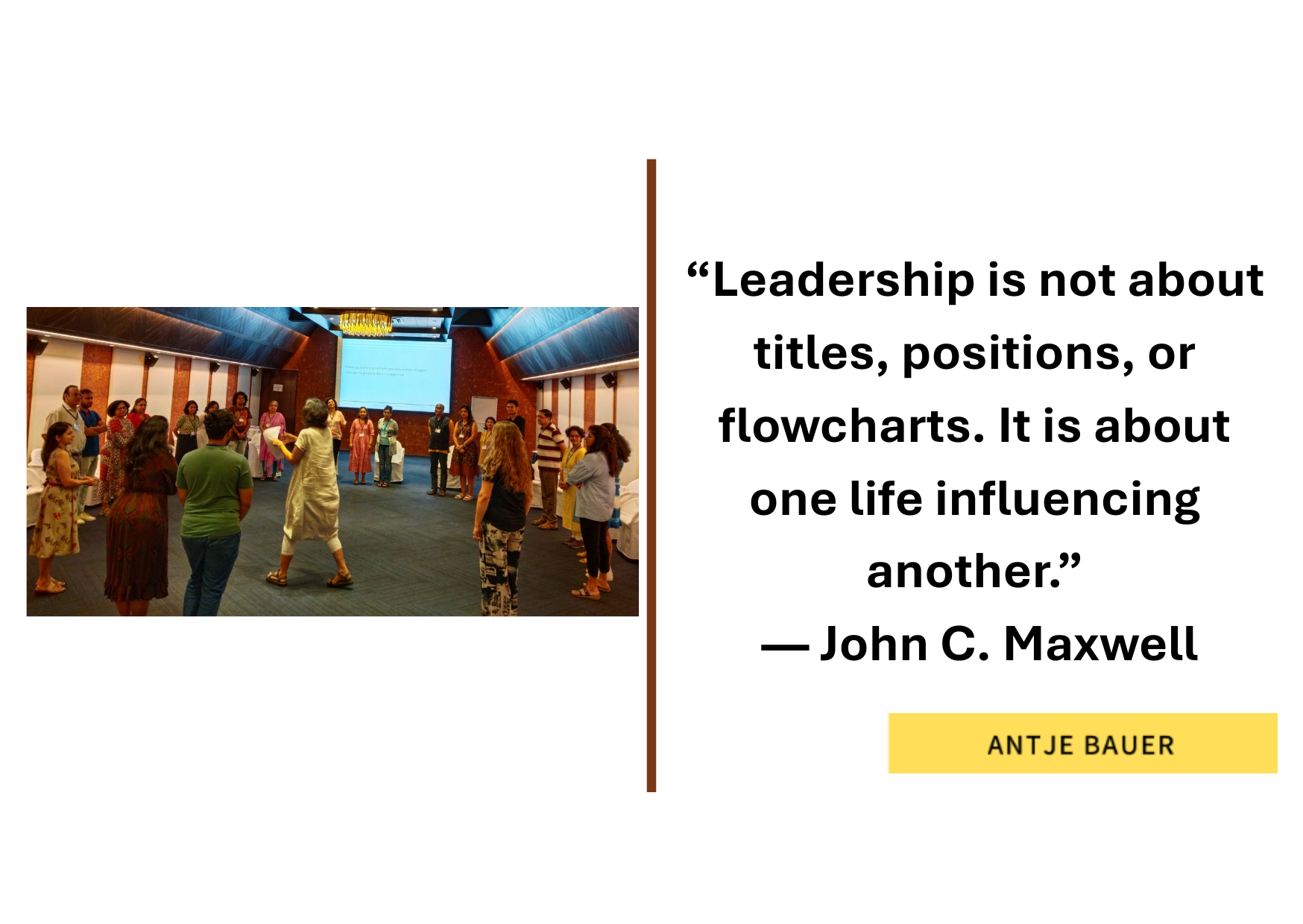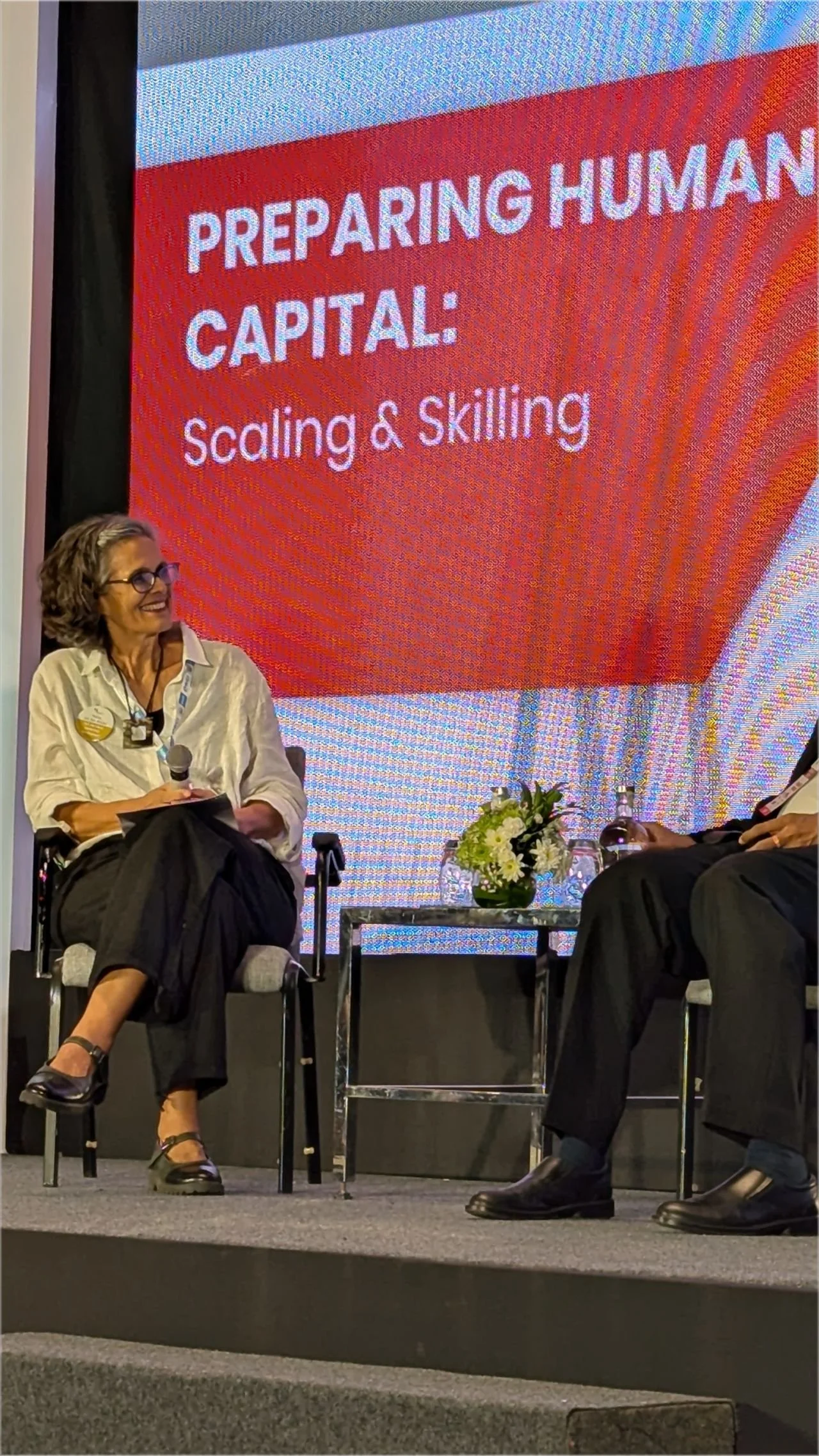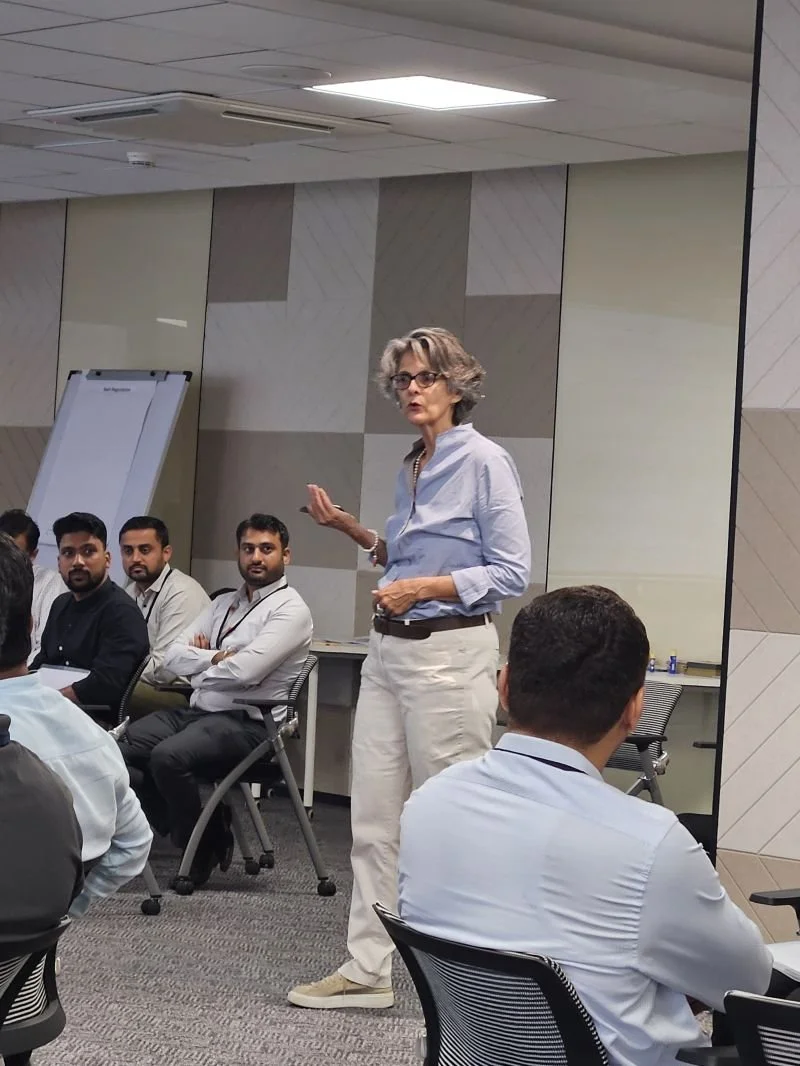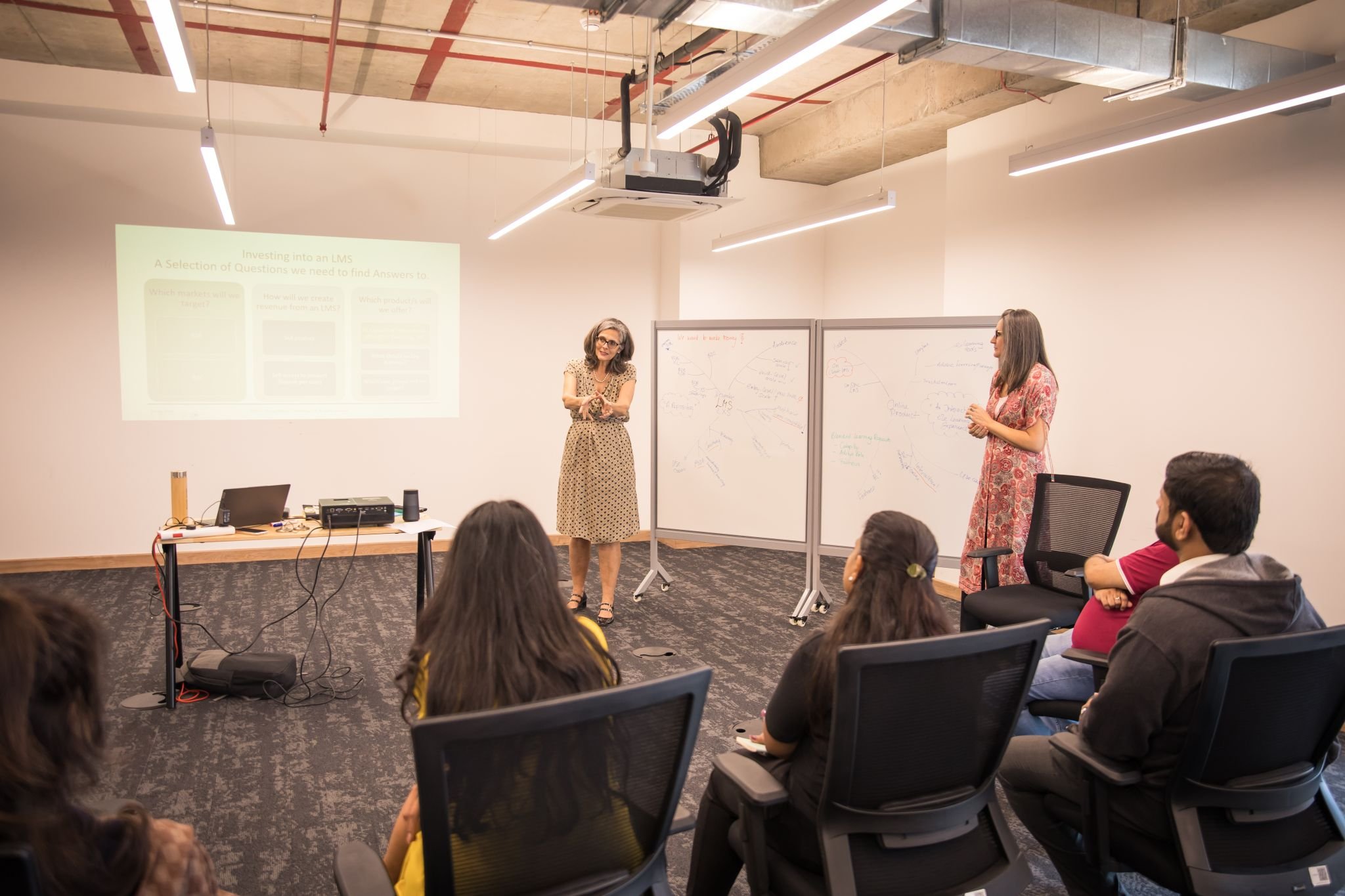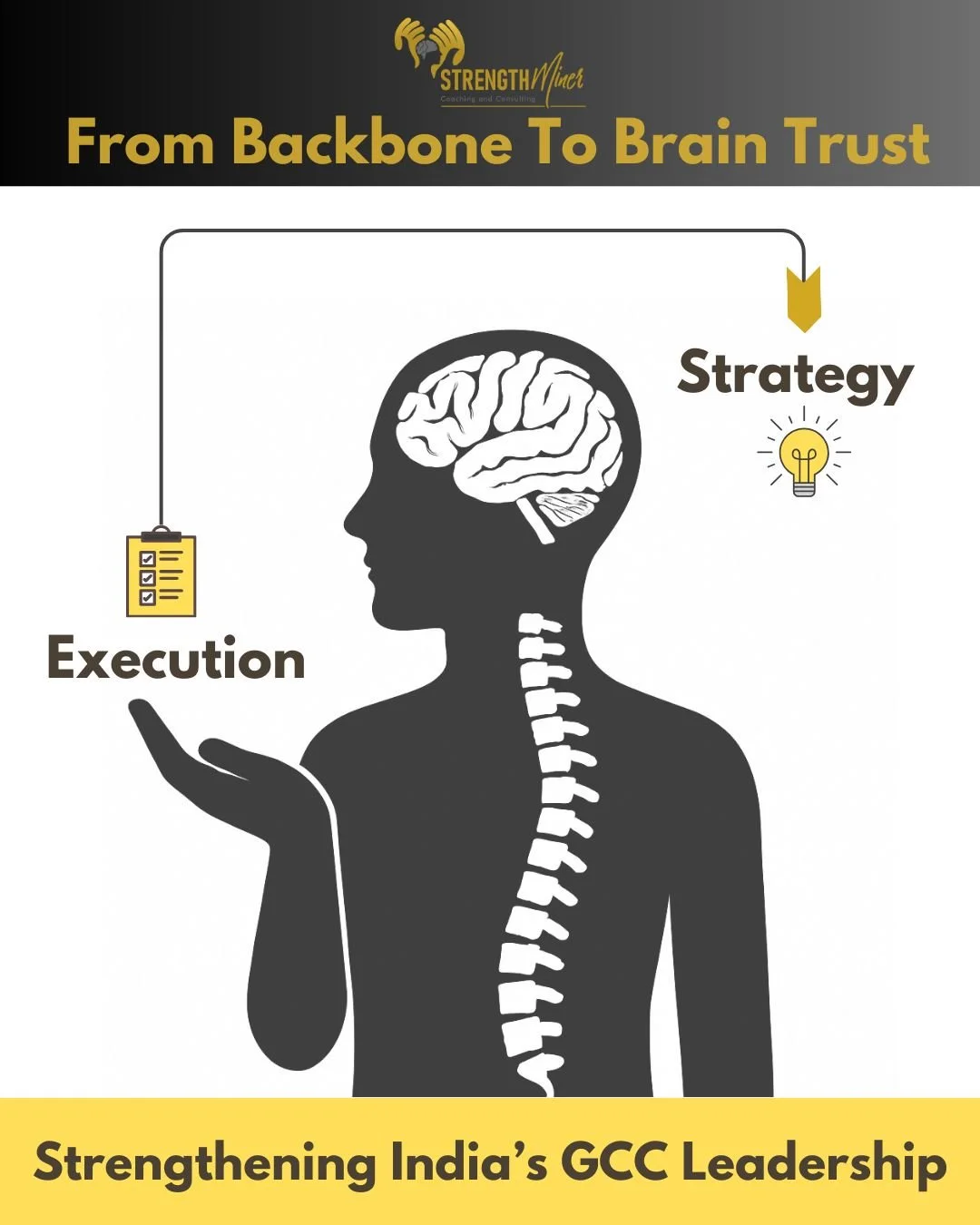Rethinking GCC Leadership series(4) - Navigating the Global-Local Gap
The outbreak of COVID- 19, amidst everything else going on in the world, good or bad, has pushed us all on the same side and has levelled our priorities. The crisis has ironically brought us all together and put forth an important question towards us – Who do we serve and what do we serve for?
Rethinking GCC Leadership: A Series
The outbreak of COVID- 19, amidst everything else going on in the world, good or bad, has pushed us all on the same side and has levelled our priorities. The crisis has ironically brought us all together and put forth an important question towards us – Who do we serve and what do we serve for?
What kind of a leader do you choose to be?
The outbreak of COVID- 19, amidst everything else going on in the world, good or bad, has pushed us all on the same side and has levelled our priorities. The crisis has ironically brought us all together and put forth an important question towards us – Who do we serve and what do we serve for?
Reflecting on my lockdown story - Discovering Truths
In my usual work and life environment hardly anybody has so little that they truly need to become creative, that’s why we come up with fancy terms like design thinking. Well, I had to get creative. From creating a green screen to enable zoom background with shade net, to making my own peanut butter for breakfast, to have finally made the perfect Karonda Jam, I have come a long way.
People Management in COVID Times – Let’s not talk down but lift up
A small incident, which got fixed within a day, affected so many lives, in so many bad ways – Sheila, her sub-ordinates, her new family members, her sub-ordinates’ family members, to say the least. It turns out that the client who wrote the email, was himself in an emotional turmoil.
If your employees are apprehensive of taking ownership, may be you have not given them enough freedom.
Decision-making is an acquired skill. One needs to practise it. If you take decisions on others behalf, if you keep giving them directions, if you make your worry and your irritation visible at the workplace, your employees will be scared to take any decision on their own, they will be scared to fall and fail. And that’s the opposite of empowering them. That’s the opposite of growth.
You probably can't afford raises and promotions this year, how do you ensure that your best remain with you?
The COVID19 outbreak has undoubtedly affected economies of the entire globe, impacting the employment scenario for everybody. Decisions like salary cuts, layoffs, employee status being changed from full-time employee to independent contractor, are subjects of concern.
What my dogs teach me about humans and how that relates to professional development?
A dog pack has a leader. The leader is shrewd, constantly alert and watchful of imminent danger; danger with respect to other dogs and their pack. The leader makes sure that nothing enters the territory without the pack’s consent and if it does, it confronts and fights the danger, to warn them and push them to back off. Scouting the territory – often alone. Isn’t that something!
Imitation before creation – How does this play out in a team?
In my conversation with their team leaders and managers, I realised that so many of the behavioural nuances were being imitated top down. So many of them held open the door for me as I walked in. To one I asked- why did you do that? She said “that’s our culture”. That of course took us to a longer discussion about culture.
How does asking the right questions make great teams?
Spelling out what I am sure the title gives away; all you need here is to ‘ask the right questions.’ The journey from being a good leader to becoming a great one is all about being able to fill in the blanks and connect the dots.
What does success mean to those employees who don't want to be a manager?
We define our organisational journeys all too often by another’s definition of success. Also being demoted back to her team member role would be a bit much for the ego and her morale. That would be the final nail in the coffin. I will leave you to ponder what Ria should/ would do.
What do you think of the coaching - consulting divide?
The caveat of “Leave your experience outside the door. Be agenda free” has always flummoxed me. If you recognise this statement, you probably have gone through a similar traditional coach training program. I never resonated with this. How do I leave myself at the door? Isn’t it precisely why I am me that the coachee expects some kind of engagement with me?
Family Ceiling – The ordinary story of extraordinary women in India
I realise that we all are prey to the prevalence of dominant cultures. We internalise rules and norms to an extent that it feels it is the only way to be. If my mother did this and my grandmother did this and my mother-in-law did this, it has to be the right way to do it. That’s where I believe a lot of us have got it wrong.

